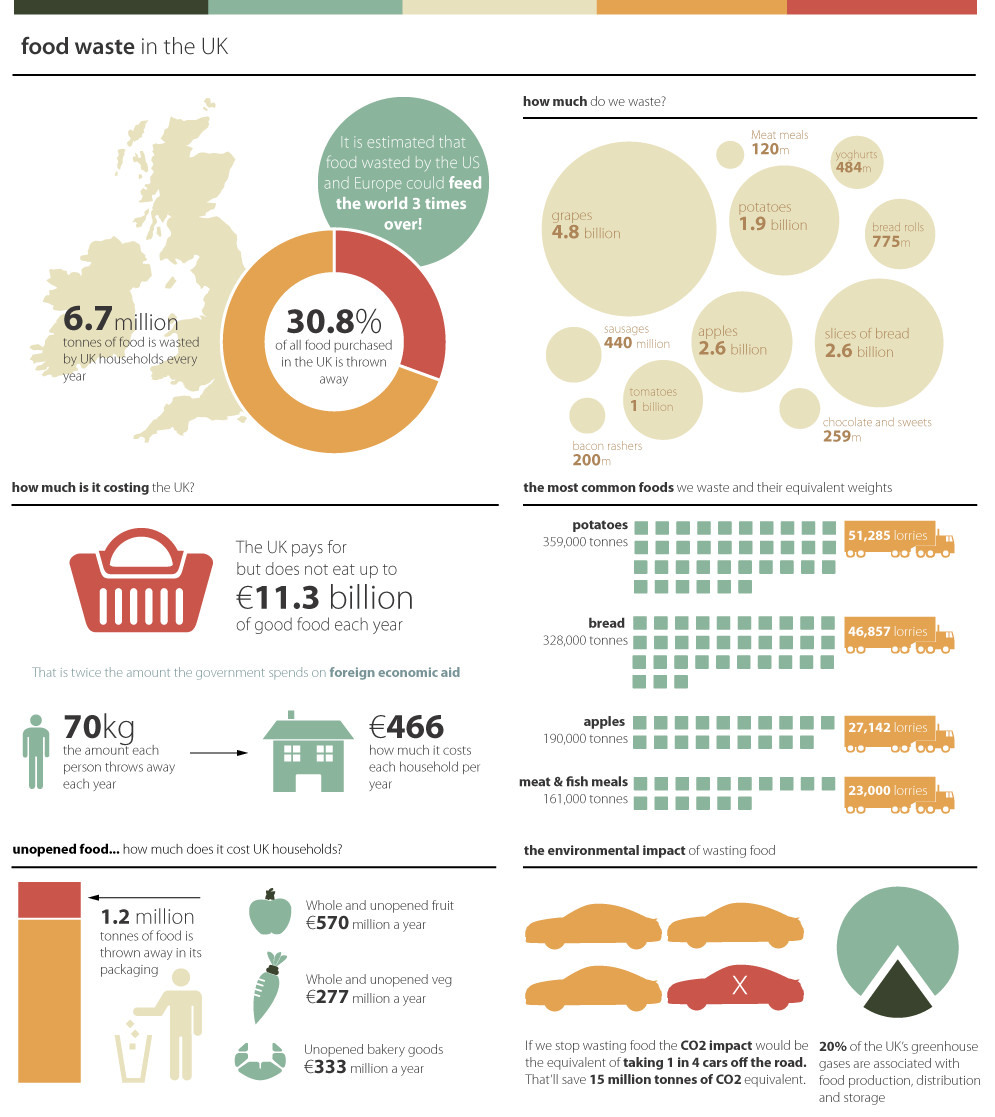How we can live consciously and be an example to future generations.
I’ve had this thing about waste for a long time, especially when it comes to food. Maybe it’s a condition of my upbringing, but it never sits right with me when food is wasted.
Coming from a working-class family, I’ve been raised to eat everything on my plate and if there are leftovers, we always upcycle to make something different. For instance, if there is leftover rice, we add some vegetables and spices to make steamed dumplings or flour and herbs for spiced parathas.
I never thought too much about it, until I started observing others. I realise how observing waste affects my energy and essence. I think about the children and families who struggle for food and how much that bowl of rice or soup would mean to the sustenance of their families.
Learning to be grateful and understanding value ultimately leads to living consciously.
Leading by example
My cousin’s wife told me about a rule they have in their home, where if the kids fail to eat the food on their plates, either she or my cousin have to eat it. I value, respect, and appreciate that rule, and it will be something that I take along with me in my journey. It distances us from the ego, bringing us back to humility by keeping it real.
My aunt backed up what my sister-in-law said and I completely resonate with it: “There is no food waste in our house.”
Living consciously
It leads us to live in the present by watching and guiding children with their servings and demonstrating through our actions that wasting food is unacceptable. The behaviour establishes and instils the value itself.
It’s with our everyday behaviours that we can create ripples of change with those around us in terms of how we live and what they pick up from us, as we live consciously.
Awareness of value
When we show it’s acceptable to waste, what we’re energetically putting out into the world is: I do not value the time I spend away from my family, friends, and children so that we can have food that fortifies us.
Where are we grateful for what nourishes us? Where do we demonstrate that we care about others who need what we have?
What we’re saying is that my greed outweighs my gratitude and value for this food that nourishes me. And the solution is simple—take less on your plate, eat what’s on it, and take more if you’re dissatisfied. These small conscious considerations minimise food waste, and when we demonstrate this behaviour to those around us, especially children, they subconsciously pick up on those ripples and spread them in their world.
Role modelling
When I have lunch or dinner with my niece, I consistently explain to her and model the behaviour that I only take a bit and I always finish what’s on my plate. If I want more, I can always take it once I finish what I have. Our behaviour impacts how the future generations are raised. If there’s anything we can do to ensure that we raise conscious children, we need to start by reflecting on our own behaviours and ways of living.
Teaching value
How we teach value should be our priority, to ourselves first and then to future generations. Here’s how…
>> Start with the food example and talk to your kids about it. Saying, let’s start with this much and then you can see how you feel and take more if you still feel hungry. There are children who are less fortunate than us.
>> Do something with your children or for yourself to give back, if you can. You can donate to food banks or give to charity, volunteer in a kitchen to keep you conscious and grounded. Take your children along with you.
>> Play a game with your children to teach them value from a young age. Try giving them small change for anything from getting ready on time, eating all of their breakfast, cleaning up after themselves, taking dishes to the sink, doing their homework, and letting them be responsible for buying things they want instead of need. They then have to use this money for anything you do for them, like preparing their lunches, driving them to school, paying you for their dinner.
As soon as we’re able to teach children the value and exchange system, the sooner they become conscious of the principles of value, time, effort, and purchase of goods, which in turn lead to gratitude.
Gratitude
When we talk about gratitude, it’s for the little things—the day-to-day things. Grateful for the food that has been prepared and offered, grateful and appreciative to take only how much we need, instead of how much we think we want. Grateful that we have enough. Grateful that we’re able to give to ourselves and also to others. Gratitude teaches us humility.
When we’re thankful for the food and all that we have, meeting our essential needs, we allow space for more of this into our lives. We’re also more conscious and able to offer it out to others.
~












Read 2 comments and reply